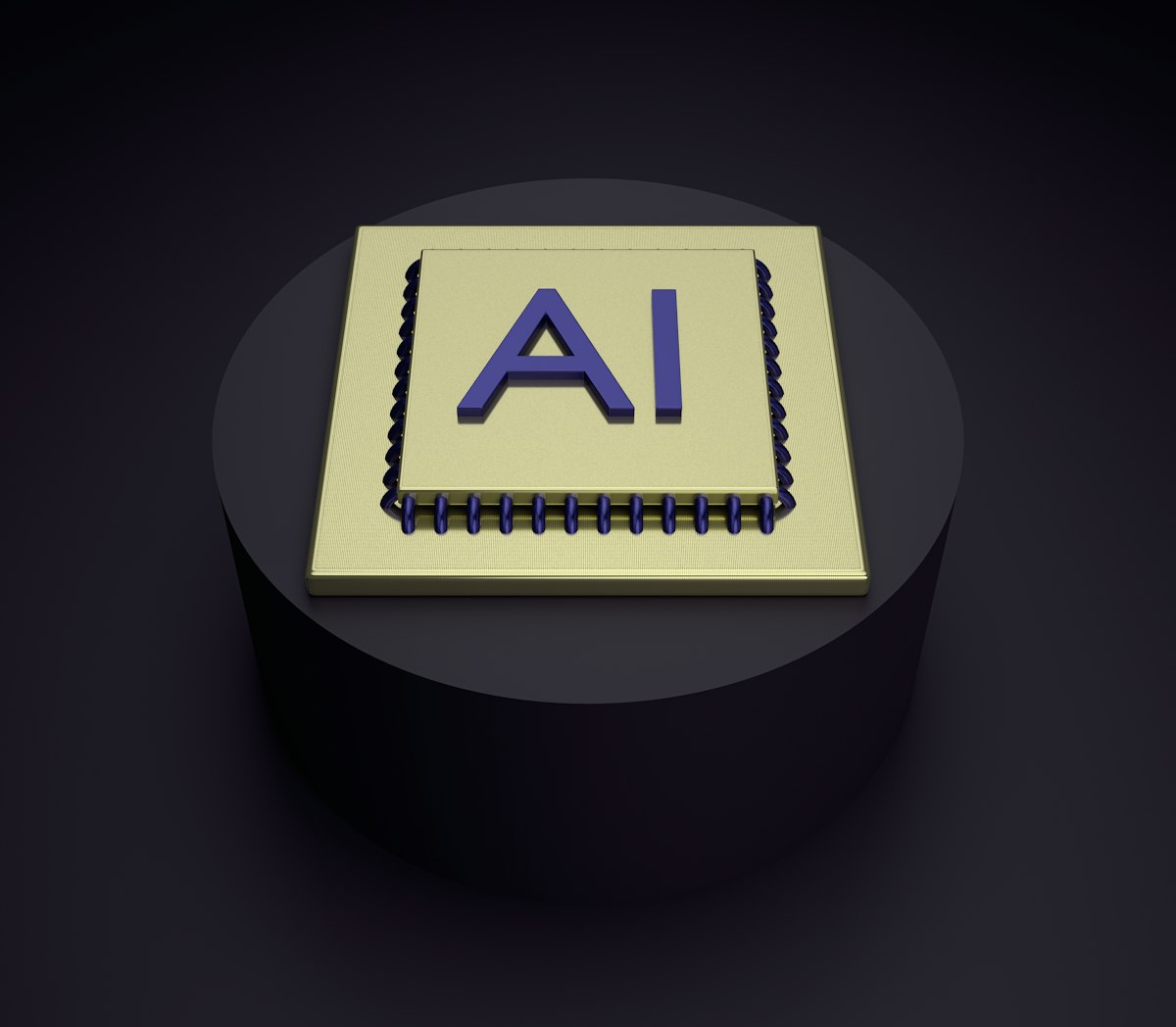EU Officials Enter Discussions to Finalize Details of AI Regulations
This milestone moves the EU closer to becoming the first global power to introduce comprehensive laws governing the rapidly evolving AI industry.

Following the recent provisional agreement on artificial intelligence regulations within the European Union (EU), experts from both EU countries and legislative bodies are set to convene in a series of technical meetings starting Tuesday. The objective is to deliberate and solidify specifics regarding the application and operation of the agreed-upon regulations, according to news report by Reuters.
These scheduled meetings, spanning over 11 sessions, aim to address various critical aspects. Among the focal points are the delineation of the laws' scope, defining the permissible use of AI in biometric surveillance by governments, addressing copyright concerns related to foundational models, and establishing regulations for major AI systems like ChatGPT, two of the sources disclosed.
This deliberation follows the EU's recent achievement of a political consensus after extensive negotiations that spanned 36 hours over three days. This milestone moves the EU closer to becoming the first global power to introduce comprehensive laws governing the rapidly evolving AI industry.
Once the agreed-upon text is finalized, it will undergo formal editing procedures to create a consolidated version.
Alexander Duisberg, a partner at law firm Ashurst, explained, "The Council and the European Parliament will then formally resolve and confirm the wording. After that, it will be published in the Official Journal, initiating the sunrise period."
Countries such as France and Germany have expressed their intentions to assess the compromises made within the AI Act. Earlier, these countries had aligned with the stances advocated by companies like France's Mistral and Germany's Aleph Alpha, emphasizing the need for regulatory measures concerning foundational models.
The anticipated timeline projects the AI Act to come into effect by 2026, signifying a significant step in the EU's endeavor to establish a comprehensive regulatory framework for AI technologies.




